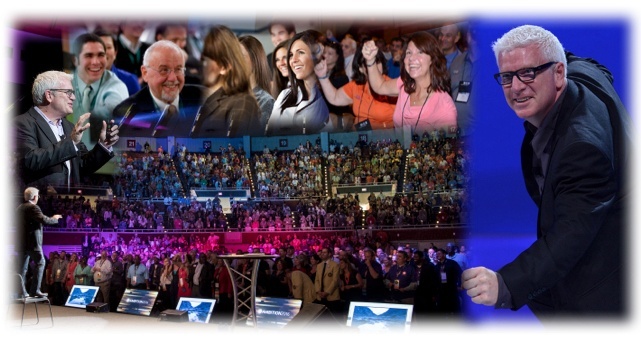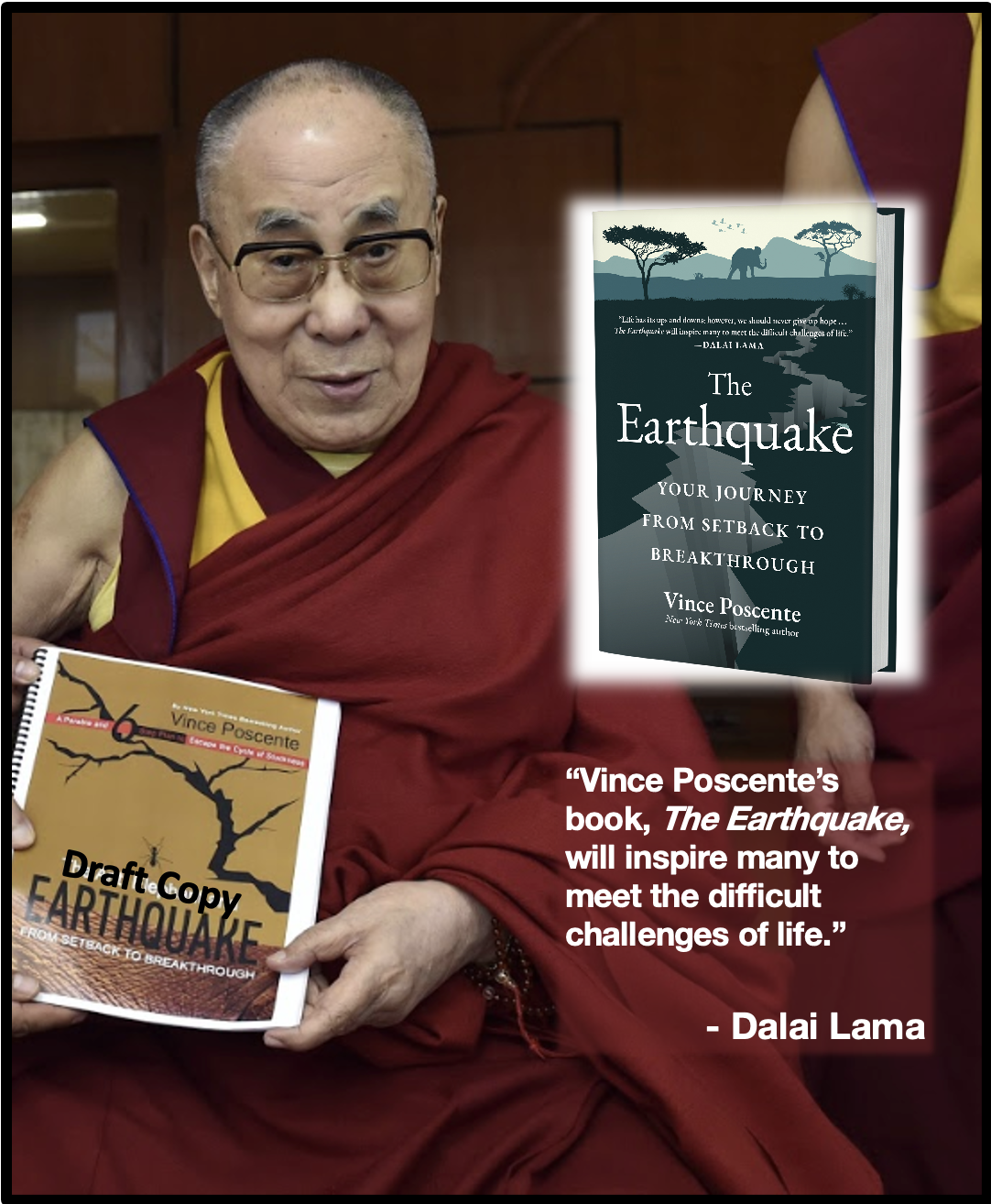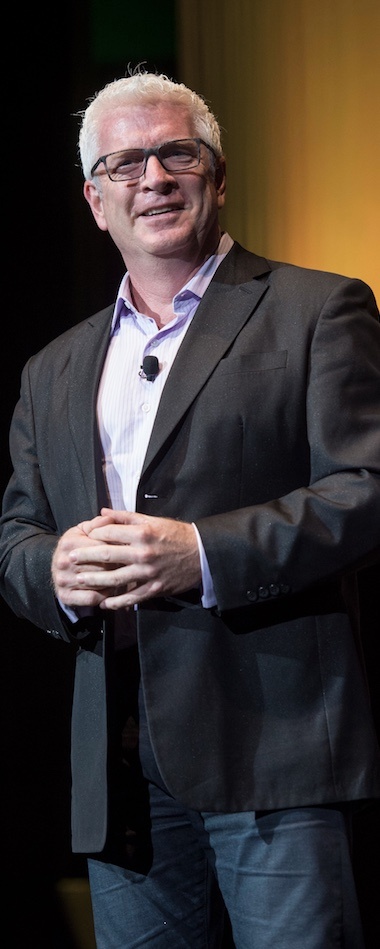Want something? A sale? Somebody's help? You may be leading with the wrong strategies and tactics. Fine tuning objection handling techniques. Product comparative analysis. Ensuring your SEO target words are driving inbound leads. A clever way to argue your point. Sure, all that’s important but masterful stories are critical as an upfront approach. Tell great stories or, better yet, create 'viral' stories and look what happens next...
Every one has a trip tradition. Buy a spoon or a mug. Drink a local brand of beer or keep the coaster. Hold onto a piece of currency or make sure you get “that stamp” on your passport. What has been our trip-tradition? Buy a piece of art. Over the years, we have aquired works from Ireland, Cuba, India, New Zealand and Russia. Closer to home, Dallas, San Antonio, New Orleans, Chicago and New York. It wasn’t until Paris in January, 2002 did we realize how important ‘story time’ is in our buying decision. So important that it crucial in the corporate landscape as well.
Paris in the winter will drive you indoors. The denture jangling, bone twisting, don’t stick your tongue on that bronze gargoyle COLD - gets you running for heat behind welcoming doors. Once inside you are compelled to buy something. By design, you go to the district in Paris where art galleries are waiting for appreciative buyers.
At the closest art-shop you see, you stumble through the door. The tiny brass bell designed to flip a latch and ding decides to ring into non-existence. The entire latch and bell blast off the hinge and ding, klang, bang its way across the worn wood floor. You turn to your spouse and say, “It’s so cold, the doors are freezing their bells off.” Your spouse would laugh but it was so frosty her lips aren’t ready for action just yet. Things heat up when she scans the room for a piece of art waiting to be the next in the acquisition tradition.
The art is appealing and has potential. You envision what pieces could go on which walls. A cherished memory from this trip is waiting for your Amex card.
“Could you tell us about this piece?”
The gallery attendant has her head buried in something on her screen. Her wood desk has nothing but a lamp and a computer on it. It is a tired desk ready for some paperwork. She looked up with a confident gaze and said, “It is one sousand Euros.”
Expecting more of a description we realized the attendant, the resident pro, the sales goddess was clearly not enthused about the first attractive piece.
“Could you tell us about zat one?” you accidentally ask in a French accent.
“Zees is seecks ‘undered Euros,” the ‘sales person’ says with more interest.
“Yes. Thank you. What can you tell us about it?” asks your spouse, giving the ideal person the room the chance to put the “sell” into sales.
“It is oil. It is possible to ship. It is elegant – oui?”
You try to like what you see but nothing is connecting. Could we rationalize the purchase anyway? It is, after all, our tradition. But, a half an hour later you leave the store empty handed. Unable to contain her annoyance, your spouse says under her breath, “Why buy something without a story?”
Immediately upon going back outside the temperature froze any further inclination to spend money or time on a piece of art. The moment was gone and the French GDP would have to do without our contribution.
Now, let’s talk about your sales strategy?
What are the tactics and strategies you use to close a sale? Do you sell products, services or both? Or, are you selling a specific initiative at work? Are you attempting to convince an external client or a colleague of a certain direction? Chances are, if your lips are moving you are trying to sell something. If that is the case, what will help your cause? Story Time.
Story Time in Sales has three key elements in common:
- Story Time is Personal. The purveyor of the story needs to connect with the story. In the case of the art work, the attendant should have said something about how she enjoyed meeting the artist. If it was a widget, the seller would say how he uses it at home.
- Story Time Paints a Picture. When telling the stories, bring the listener into the experience. For example, the art gallery dud of a saleswoman could have said, the art was painted on the cold spring day where the artist had to warm her oils in her pants pockets. The widget seller could say the invention was an accidental result of trying to design a motion sensitive light and the widget became a better item.
- Story Time is Experiential. Bring your purchaser into an experience rather than just being an observer. That means the art gallery lady could have engaged more. She could have asked about the design of our home. Mentioned how the artist was the same age as we were and how he always wants to keep every piece he paints.
If you want your stories to travel, make them compelling.
If you want to add rocket fuel to the sale, turn the sale into its own unique story that is a personal, picture painting experience. Do this and your product or service comes with an echo effect.
Case in point: I was test driving a Tesla. The copilot said, “At this straight away, step on it. Don’t worry. You won’t scare me.” I had no idea what he was talking about until the accelerator touched the carpet. With a zero to 60 mph in under 4 seconds, head pinned back, wheel gripping ride, the ‘copilot’ created a story I’ve told over and over. It was personal! The car painted the picture! It was tantalizingly, spine-buzzing experiential!

When a product, service, direction or idea captivates someone’s imagination it gets told repeatedly at the “purchaser’s” home or office. Like an objet d’art, the story about what you sell ripples across time and distance.
When others come through your door looking for the same thing, this means more sales.
Want to make your intentions sticky. Use story time and the improvement in your results will amaze.
Promotional Capstone about the Author: Vince Poscente has been described as an invigorating and masterful story teller. He is an in-demand motivational keynote speaker on the topic of Full Speed Ahead and inductee into the Speaker Hall of Fame. Vince is a New York Times bestselling author and Olympic competitor. Encounter his story about going from recreational skier to the Olympic Games in just four years, and you’ll have your own personal experience of Full Speed Ahead painted in your imagination. www.VincePoscente.com/video He can be reached through info@vinceposcente.com






 This is where Mom’s voice kicks in. Each winter, Mom bugs-out of Edmonton to warmer Dallas climes. God knows she has seen enough youth-hockey games in the sixties and seventies. But, she gets a kick out of coming to her 53-year-old son’s hockey contests. Trust me on this one, being a back-checking forward in your 50’s is NOT enticing. But, the sound of her familiar voice yelling out, “Hustle back Vince. Hustle!” is enough to reach down and get after the play. Amazingly, back-check hard enough and you’ll catch your opponents off guard a little – sometimes, a lot. Case in point: Playing hockey in Australia.
This is where Mom’s voice kicks in. Each winter, Mom bugs-out of Edmonton to warmer Dallas climes. God knows she has seen enough youth-hockey games in the sixties and seventies. But, she gets a kick out of coming to her 53-year-old son’s hockey contests. Trust me on this one, being a back-checking forward in your 50’s is NOT enticing. But, the sound of her familiar voice yelling out, “Hustle back Vince. Hustle!” is enough to reach down and get after the play. Amazingly, back-check hard enough and you’ll catch your opponents off guard a little – sometimes, a lot. Case in point: Playing hockey in Australia. Ok, let's get one detail out of the way. Our “grapes” were actually blackberries. The combination of the Steinbeck metaphor, a blackberry's resemblance to grapes and this writer's pension for alliteration; made the title, The Grapes of Resistance, irresistible. The Blackberries of Wrath really doesn't have the same resonance to it. Think of this poet’s license as a way for you to stretch your imagination.
Ok, let's get one detail out of the way. Our “grapes” were actually blackberries. The combination of the Steinbeck metaphor, a blackberry's resemblance to grapes and this writer's pension for alliteration; made the title, The Grapes of Resistance, irresistible. The Blackberries of Wrath really doesn't have the same resonance to it. Think of this poet’s license as a way for you to stretch your imagination. Eight years ago, and seconds after the media released a recording of Alec Baldwin saying his eleven-year-old daughter was a “rude, thoughtless little pig,” people were judging him a terrible father. Assumptions quickly followed that ex-wife Kim Basinger leaked the voicemail with malicious intent.
Eight years ago, and seconds after the media released a recording of Alec Baldwin saying his eleven-year-old daughter was a “rude, thoughtless little pig,” people were judging him a terrible father. Assumptions quickly followed that ex-wife Kim Basinger leaked the voicemail with malicious intent. 


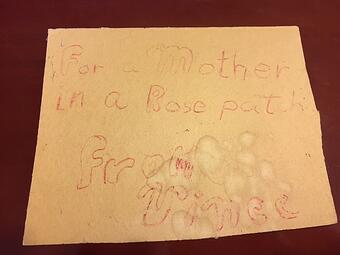
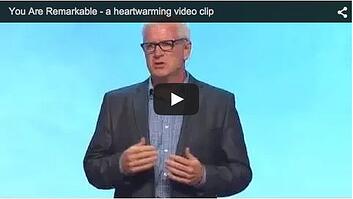
 A boy wants to play hard. A man works hard so he can play.
A boy wants to play hard. A man works hard so he can play.

